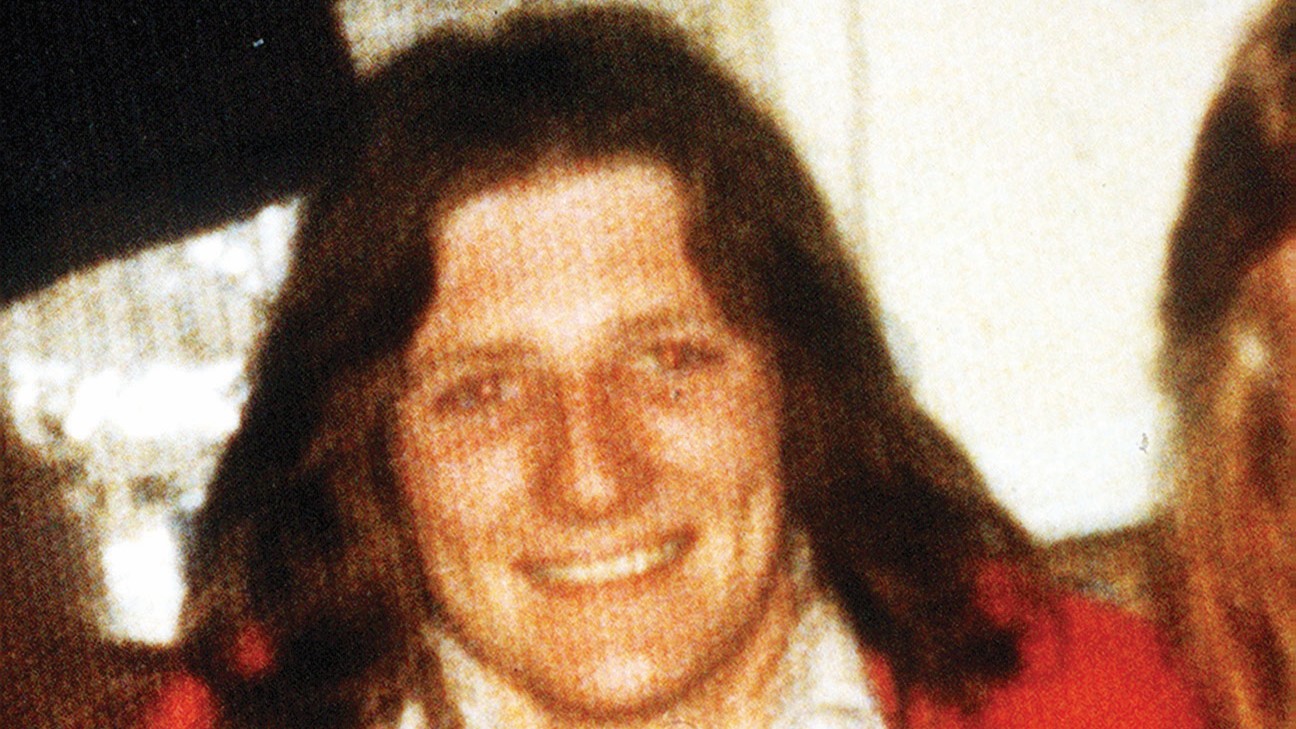A NEW book by a respected Irish journalist has revealed the ultra-hard line a top civil servant had on the hunger strikes and that the Cabinet office’s approach to Bobby Sands was “let the hoor die”.
In his memoir, ‘Eyewitness to War and Peace’, journalist Eamonn Mallie said he was shocked by the ferocity of the language used by the late David Gilliland a former NIO director of communications.
Mr Gilliland adopted an ultra-hard line on the 1981 hunger strike and Mr Mallie recalled the many colourful exchanges he had with him in his book.
One of the most senior and longest-serving NIO civil servants, Mr Gilliland was a member of the Stormont committee monitoring the hunger strike and advising London on strategy for dealing with the prisoners.
Mr Gilliland believed that “not giving in” to the hunger strikers was “one of the most courageous things the government ever did here.
“British governments were always being shackled by their past, particularly the history of hunger strikes in Ireland,” Mr Gilliland told the veteran journalist.
“Once you decide a hunger strike is not a weapon, it is no longer a weapon.”
Mr Mallie added that Mr Gilliland’s reading of the Cabinet Office’s final decision on Sands was “Let the hoor die”, which he totally agreed with.
“There is no doubt in my mind that it was the right decision,” he told Mr Mallie.
To read more on this story see this week’s Fermanagh Herald. Can’t get to the shop to collect your copy? No problem! You can download a copy straight to your device by following this link… Subscribe to current edition









